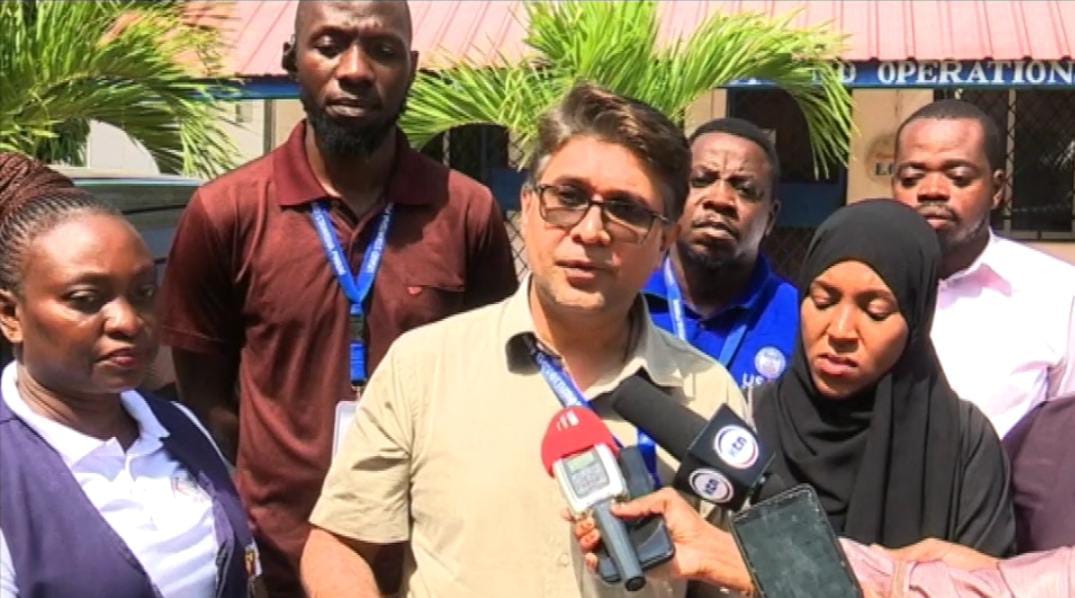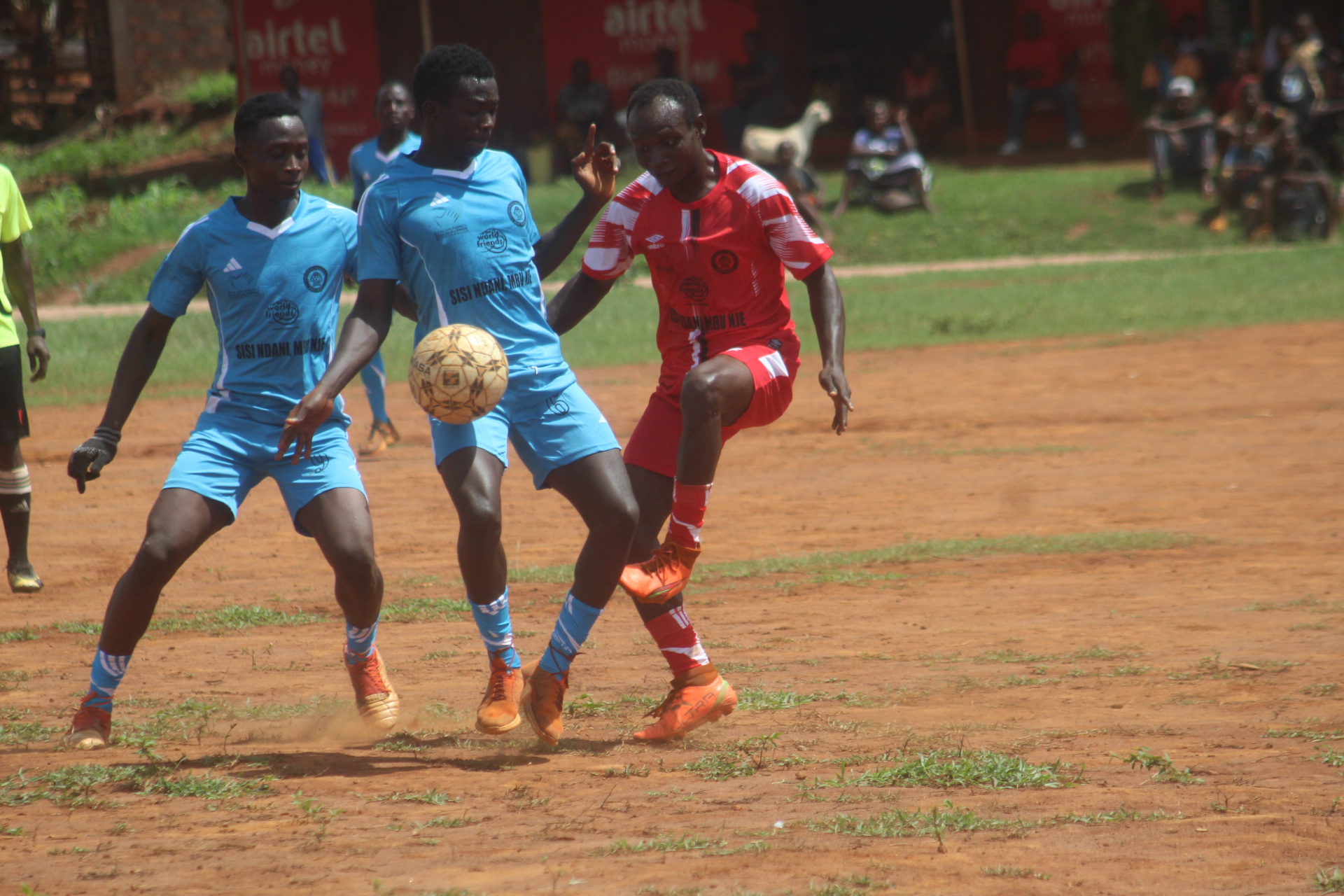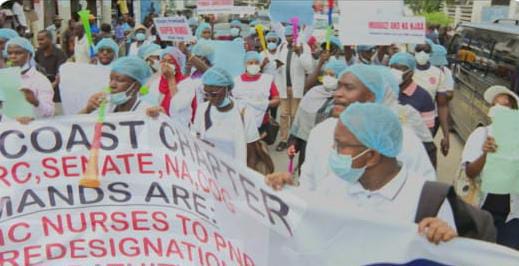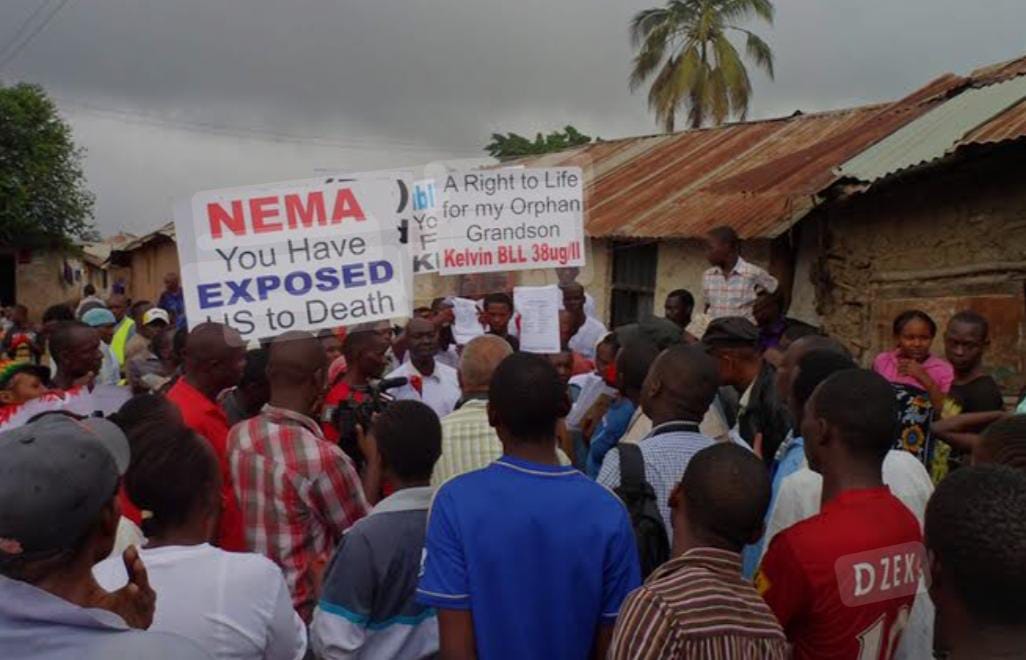Kenya Health Cabinet Secretary Susan Nakhumicha during the 2023 World Aids Day in Meru County | Photo Courtesy Ministry of Health
On a Wednesday morning at the OKOA Sasa offices in Bamburi area of Mombasa County, I met Saumu Chemtai, 22 (not her real name), ready to embark on a journey to Nakuru county where she stays with her friends.
Saumu was rescued by the organization through police officers after she went to the police station to hand over her nine-month-old baby because she could no longer care for her.
“I went to the police and told them that they either take the baby or I kill her because I don’t have the money to look after her,” she said.
Okoa Sasa, which means Save Now, is a rescue center in Bamburi ward, Mombasa County, that shelters and houses victims of Gender-Based Violence (GBV), trafficking lost and found children, early marriages, and traditional malpractices.
Saumu was born with HIV and has been living on the streets, sometimes resorting to prostitution. She was even used by prominent pastors to fake being sick, and after prayers, they claimed to have received miracles of healing, all to make ends meet. She had come to Mombasa to meet a client.
This happened after she was neglected by her grandparents, as Saumu never knew her parents, both of whom died of HIV/AIDS when she was very young.
Left with her paternal grandparents, Saumu recounted being tasked with all household chores while her cousins were left free.
“I was always being asked to look after cattle on Sunday while others went to church. When I came back home, I was beaten for no good reason. One day I was very sick and taken to the hospital, where they found out that I am HIV positive,” she said.
Her aunt, according to Saumu, was aware of her status long before, as her parents died of the disease. The aunt disclosed the status to the grandparents, triggering more trouble.
“When my grandparents knew, they became hostile and even discontinued paying my school fees. I remember one day I was asked to go home for school fees, and when I told my grandparents, they told me to go and ask the grave of my father,” she said.
“I wondered how I could ask a grave to give me school fees, I would then go back to school while crying,” she added.
Saumu said she was not allowed to sleep on a bed while her cousins did, and was given leftovers to eat.
“It reached a point my grandmother even told me she is tired of taking for me ARVs at the hospital,” she said.
Due to the stigmatization she faced at that tender age, Saumu said she even attempted suicide by taking a herbal concoction. Fortunately, she survived. This was the point where Saumu decided to go and live on the streets at the age of 10.
The situation Saumu went through is not unique to her alone. Despite efforts to educate the public about HIV and AIDS, many Kenyans living with the disease are still grappling with stigma.
According to Kenya PLWHIV stigma index report 2021 indicates that the most common form of stigma or discrimination experienced by PLHIV due to their status includes being subjected to discriminatory remarks or gossip by either family or nonfamily members and verbal harassment.
Stigma related to gossip and talking badly was at 14 per cent for men and 13 per cent for women, disclosure without consent at 12 per cent for both men and women and avoidance with men at 10 per cent and women at 9 per cent, physical abuse and advice not to have sex at 11- 14 per cent and verbal abuse for both men and women at 10 per cent.
According to the National Syndemic Diseases Control Council (NSDCC) formerly the National AIDS Control Council, the above data indicates that stigma and discrimination are still being experienced at multiple levels in the society: within individuals, families, communities, institutions and media, and in government policies and practices.
According to HIV and stigma and discrimination report by UNAIDS, HIV-related stigma and discrimination continues to be pervasive across countries with available data of up to 21% of people living with HIV reported being denied health care.
According to the report, HIV related discrimination and stigma, leads to rights violations since getting health care services for the ones affected is a human rights issue.
People have a right to protection from discrimination and to a life of dignity where stigmatizing attitudes do not impede the enjoyment of their other rights, including the rights to education, health care, work, access to justice, privacy, family, bodily autonomy and other rights.
Grace Odembo is the executive director of OkoaSasa. She revealed that the organization has successfully rescued over 6,000 victims of Gender-Based Violence since 2013, a number that includes individuals neglected by their family members due to their HIV status.
Odembo emphasized the necessity for increased community sensitization to combat the stigmatization faced by people living with HIV.
In response to the organization’s support, Saumu expressed her gratitude for the counseling and guidance provided. These services facilitated her return to consistent medication, ensuring she took her ARV drugs.
“I am thankful to this organization; it’s like my home. Mum (Grace Odembo) made sure that I take the ARVs, and I am now doing well. When I came here, I was only 35kg, and now I am 42kg,” she concluded.






